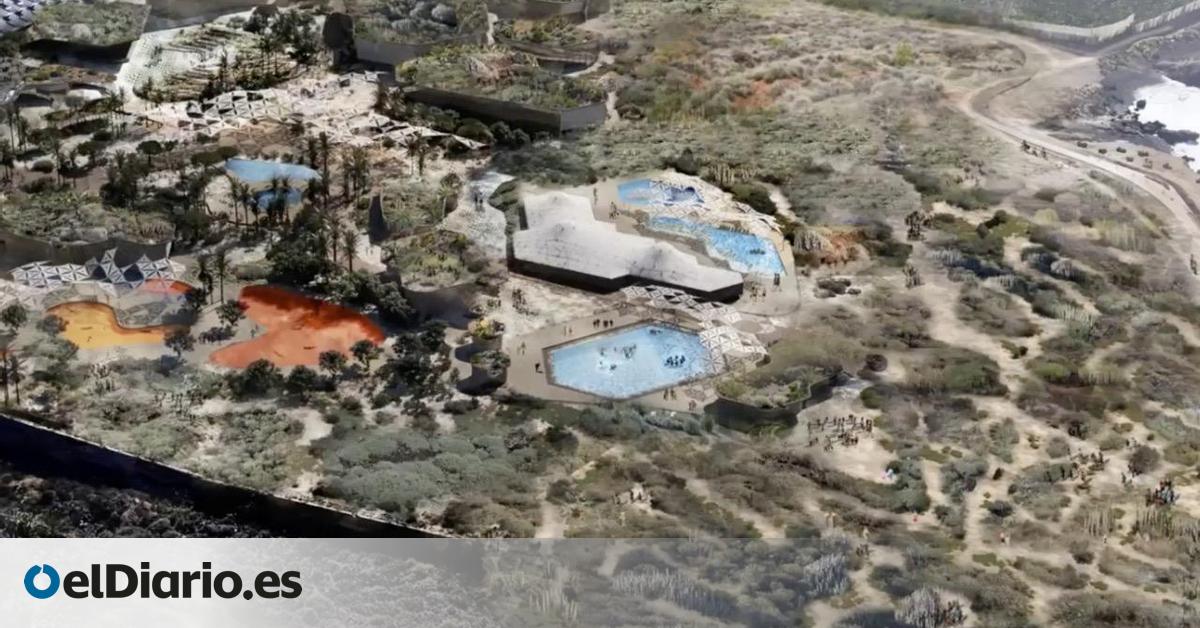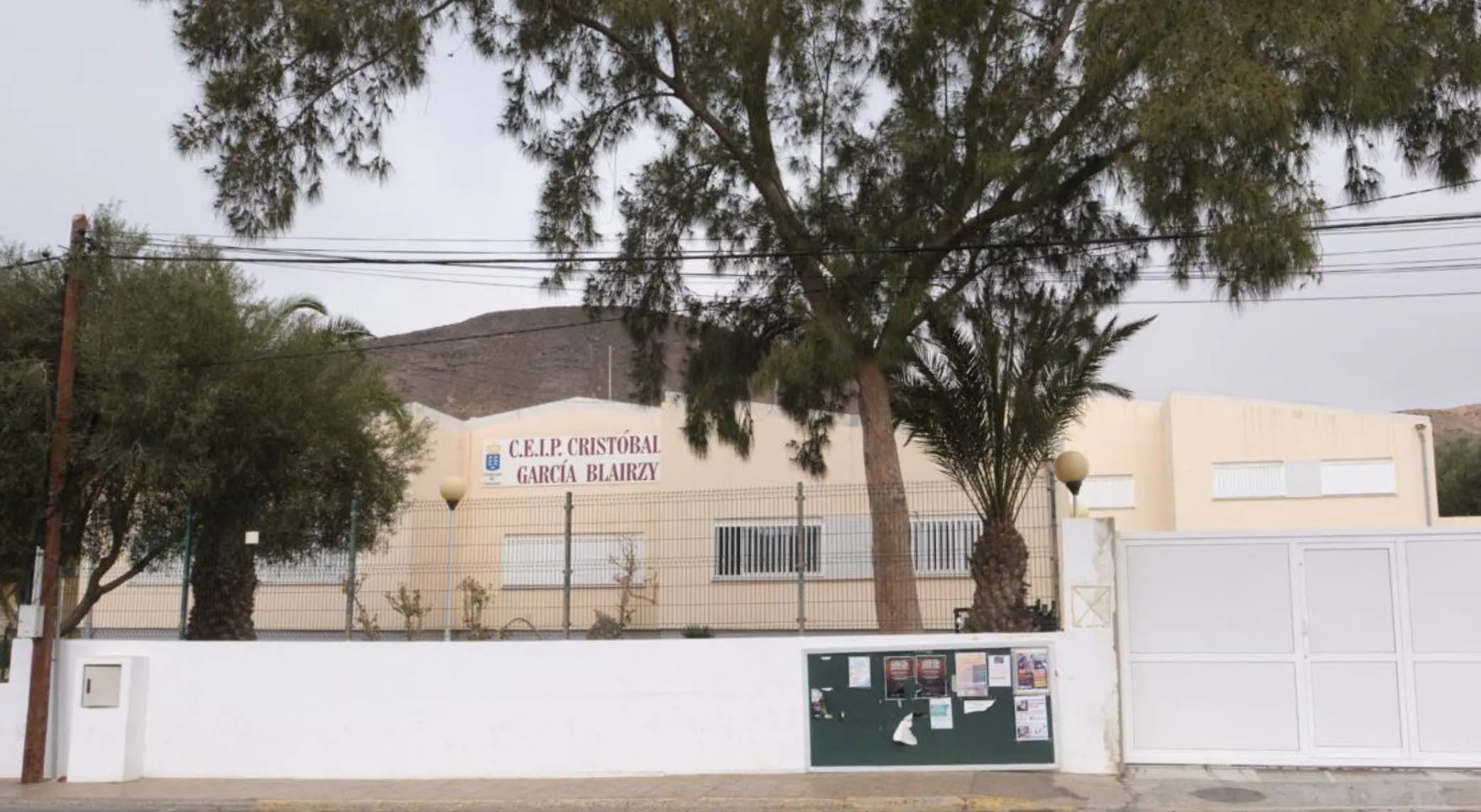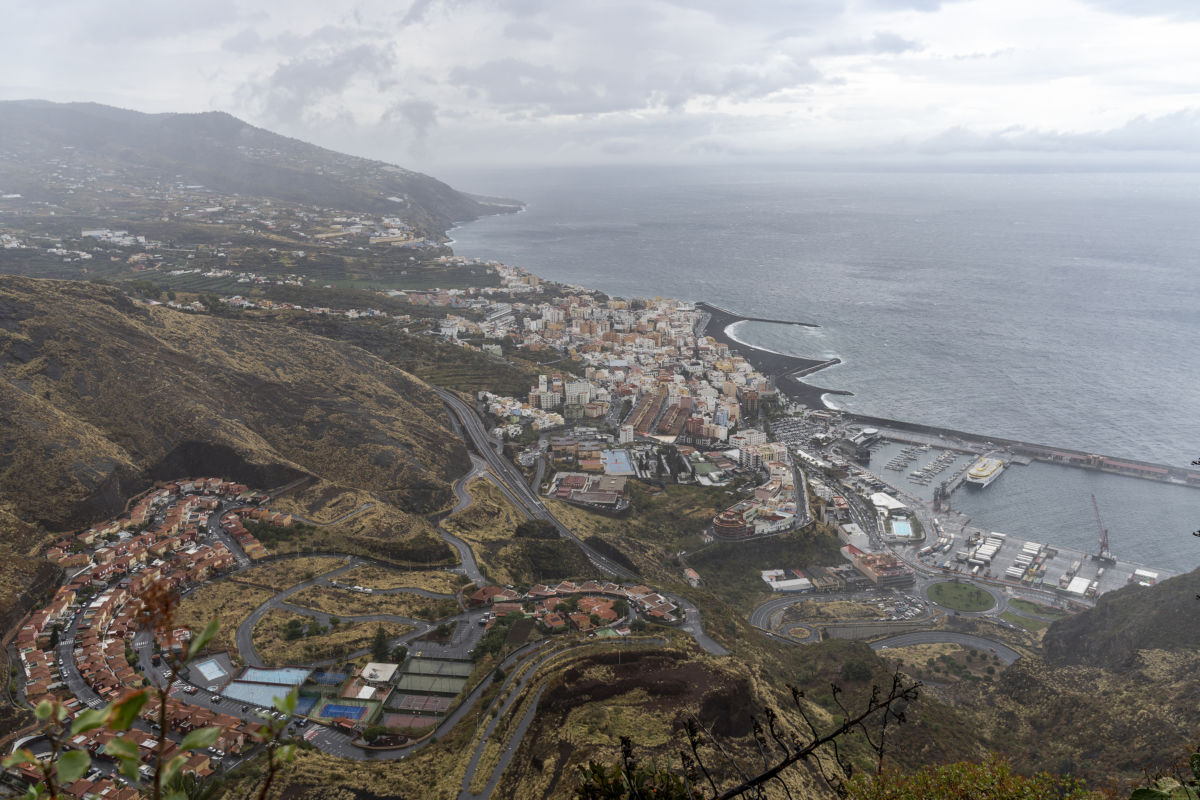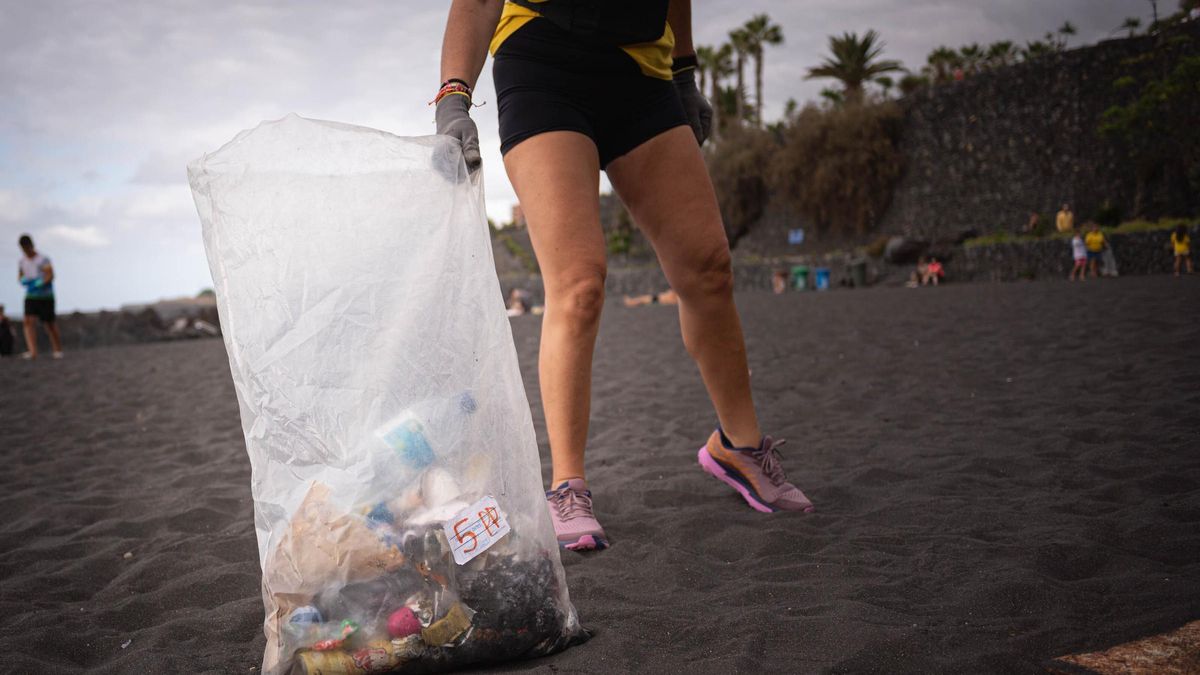The citizen platform Salvar Punta Blanca has publicly denounced a conflict of interest regarding the Underwater Gardens tourism project planned for the western coast of Tenerife (in the municipality of Guía de Isora). This area is a whale sanctuary and has thus far remained free oftourist infrastructures. The thematic park aims to allow scuba diving tourists to explore this part of the island’s underwater world. It plans to construct buildings on land, occupying up to 10 hectares of land, some of which is designated as environmental protection land, along with coastal interventions. Simultaneously, it is marketed as having scientific interest for the European organisation Ocean Citizen. This means there are two projects in the area: a scientific one and a tourism one, with the scientific aspect validating the tourism interest.
However, organisations ATAN and the citizen platform Salvar Punta Blanca report that the individual advocating for the scientific interest of the project at the European level, through the organisation Ocean Citizen, is the same person aiming to exploit it for tourism with the thematic park, Underwater Gardens.
ATAN and Salvar Punta Blanca explain that they recently sent a formal letter to all members of the European project consortium Ocean Citizen, expressing their “deep concern over the misuse of the name and resources” of this European initiative to legitimise the large tourism project Underwater Gardens in Tenerife. Both organisations noted in the letter that this project “violates fundamental principles of the Horizon Europe programme,” such as Not causing significant harm (DNSH), and raised alarms regarding the direct involvement of “consortium members in the promotion of speculative infrastructures.”
In recent days, the organisations note, the coordinator of Ocean Citizen, Sergio Rossi, has denied this connection, trying to separate the scientific project from the proposed construction of the large tourist complex, Underwater Gardens. However, Salvar Punta Blanca clarifies several points “that the public deserves to know.”
On one hand, they assert, the very documentation confirms it: this is a research project funded by the European Union under Horizon Europe. Therefore, “it is concerning that a publicly funded research project could be serving as scientific endorsement and greenwashing for a private initiative with profit motives, such as a thematic park for divers.”
On the other hand, the letter is signed by Sergio Rossi, who not only coordinates Ocean Citizen as an associate professor at the University of Salento (Italy), but is concurrently the scientific director of the company promoting the thematic park, Underwater Gardens International S.L. In other words, “the same person represents both a publicly funded research consortium and the company that wants to construct a large tourist complex in Punta Blanca, all in the same location,” the organisations warn. “This dual role raises serious doubts about the legitimacy, independence, and credibility of his statements, along with a lack of professional ethics and a clear conflict of interest,” they state.
Although Ocean Citizen insists that it does not promote infrastructures on land, “the reality is that Underwater Gardens is marketed as a thematic park for scuba divers. Attempting to link it to the need for marine restoration is misleading, and herein lies the issue: Ocean Citizen and Underwater Gardens are working in collusion, helping to justify the destruction of Punta Blanca for purely speculative and private purposes.”
Furthermore, they insist that although it is formally stated that both projects are independent, “the strategy is clear: use the academic prestige of Ocean Citizen as a pretext to sell a private tourism project that will result in increased land consumption, as well as 3,000 tourists daily.” According to the two denunciating organisations, “it gives the appearance of environmental regeneration backed by science to whitewash purely commercial and extractive interests once again in the Canary territory.”
A false narrative of ‘zero tourism’ post-COVID
The promoters of Underwater Gardens have attempted to justify its construction by claiming that the Canary Islands need to attract tourists post-pandemic, according to the Cabildo de Tenerife’s declaration of insular interest. However, “the reality is that tourism in the islands has already recovered and even exceeded pre-2020 numbers: from 15 million visitors in 2019, projections for 2025 indicate a new record of 18.4 million tourists. Therefore, there is no economic need to support the construction of a new thematic park in a virgin natural area.”
Lack of genuine dialogue with the local community
The letter disseminated by Rossi defends “respect,” “open dialogue,” and “transparent processes,” but the reality, according to the denouncing platforms, is that Ocean Citizen “has conducted only two public presentations of the project, one virtual and one in person, which, in addition to reaching only a few dozen people, evidently did not address the connection with the thematic park Underwater Gardens in Punta Blanca. Proclaiming transparency is not enough: it must be practiced.”
Additionally, they add, “Underwater Gardens has played at sponsoring activities and offering access advantages to some people to try to gain local approval, something it has not achieved. This platform serves as clear evidence of that.”
They also warn that this is not the first time an iconic wave, a public and natural space in Tenerife, has been “destroyed in favour of a tourism project, as already occurred with some of the waves in Las Américas.”
“Neither Tenerife nor the Canary Islands need more tourists, and even less the need for diving tourism to come to save Punta Blanca. What we need are Marine Reserves and monitoring the enforcement of existing protections in the area, with adequate resources,” they propose.
“Attempting to regenerate an area without addressing the causes of degradation is not only greenwashing, it is a waste of public funds that, if consulted with the local social fabric, would be much better invested,” say ATAN and Salvar Punta Blanca.
Finally, the Salvar Punta Blanca organisation expresses its “deep frustration with these extractivist initiatives that devastate our coasts, our island, and the few places we have left to enjoy free from tourism. Let it be clear: We are opposed to this madness: through media channels, legally, and by protesting on-site if they ever decide to commence construction.”














